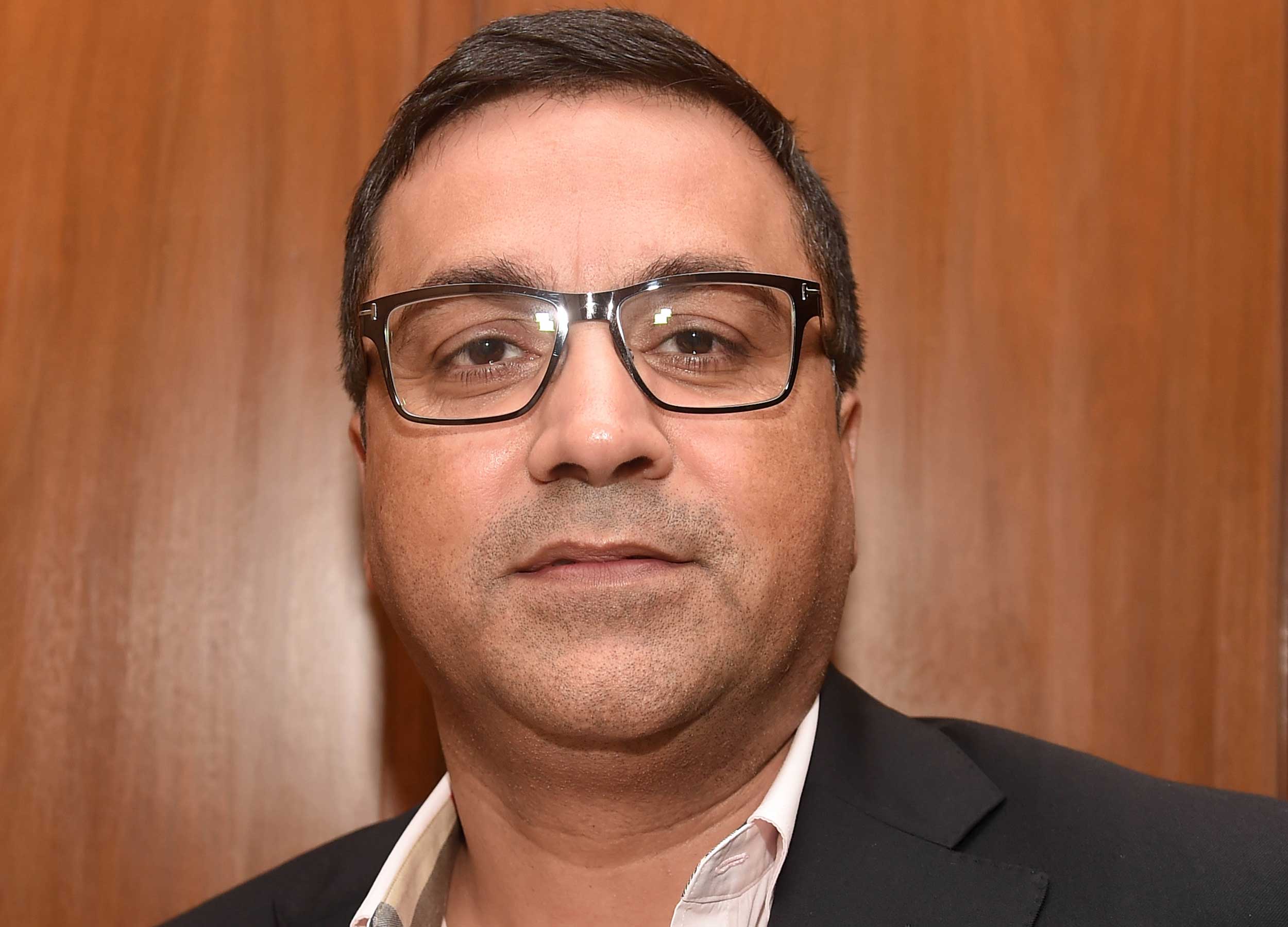Board of Control for Cricket in India (BCCI) CEO Rahul Johri on Friday asserted that the Board complied with all procedures in the Prithvi Shaw doping case.
“No, we haven’t bungled on that. All procedures were followed and we have put out the timeline on our website. Whoever thinks that we have handled the case in an unprofessional way, can see the timeline,” Johri told The Telegraph from New Delhi.
Shaw could not provide the prescription for the cough syrup he obtained from a pharmacy over the counter. Also he did not retain the bottle and packaging after use.
The urine sample provided by Shaw on February 22 this year found traces of terbutaline, which is a prohibited substance under category S3 of the 2019 Wada prohibited list. The retrospective ban started on March 16 and will end on November 16.
Johri said that by giving it in writing that it would adhere to the anti-doping policy of Nada, BCCI has not lost its elite status. “We just went by the laws of the land. It’s not a climb-down. We haven’t been brought down to our knees,” he said.
Johri said the Board had raised certain concerns regarding collection of samples. “We have raised quite a few issues which the sports secretary (Radhey Shyam Julaniya) said will be addressed. We have agreed to bear the differential cost of high quality testing.”
Is this a first step towards BCCI becoming a national sports federation? Johri’s reply was an emphatic no. “We will not be a national sports federation. We are an autonomous sports body,” he asserted. And what about the RTI Act? “I have no comments to make,” was Johri’s take.
Later on Friday evening, Julaniya corroborated Johri’s view on the NSF issue. “Yes, BCCI will not be a national sports federation. They are an autonomous body. The BCCI raised three issues before us about the quality of the dope-testing kits, competence of pathologists and sample collection.
“I have told Johri whatever suggestions BCCI has regarding dope-testing they are most welcome to give. We will incorporate those and make it applicable for all the athletes across all the associations,” he said.
Meanwhile, the World Anti-Doping Agency (Wada), in an email communication to this newspaper, said the anti-doping agency was aware of the BCCI’s changed stand.
“Wada is aware of these reports and would welcome any such move by the BCCI. We look forward to receiving the details from the government and Nada on how this will be implemented to ensure it is in compliance with the World Anti-Doping Code.
“The international federation, which means ICC, not the BCCI, is the signatory to the World Anti-Doping Code. We have been in frequent communication with the ICC on this.
“The ICC put forward in April a roadmap to try to resolve the issues between the BCCI and Nada. As a result, the independent compliance review committee agreed to defer further review on this issue until the success of that roadmap could be fully assessed,” Wada said.










